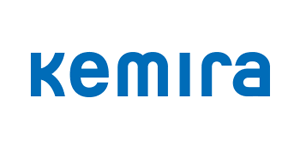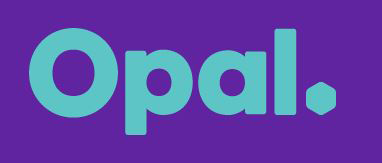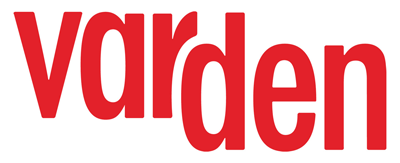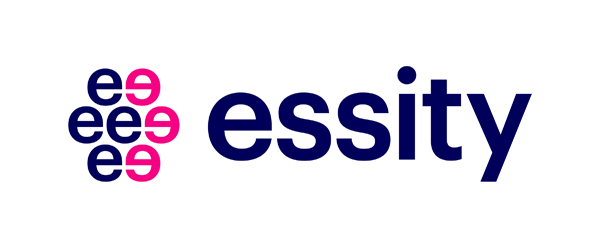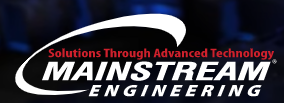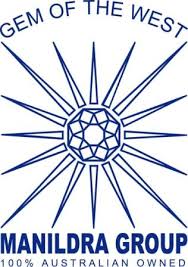Case study of carbon intensity reduction strategy through Carbon capture and Storage following optimized biomass-to-liquid renewable biofuel production with addition of blue hydrogen
Patricia Rioux
University of Quebec in Trois-Rivières
Email : : This email address is being protected from spambots. You need JavaScript enabled to view it.
Keywords: Renewable, biofuel, hydrogen, carbon, environmental
The BioÉnergie La Tuque (BELT) project objective is to convert 650,000 tonnes of forest harvest residues into renewable biofuel. One of the technologies assessed is the gasification, syngas cleaning, and Fischer-Tropsch process. It has been presented at this conference as part of an innovative strategy to significantly improve the biomass carbon conversion by the addition of externally sourced hydrogen. Notwithstanding the fact that the CO2 produced in the overall process is biogenic, i.e. originating from a renewable biomass source, subsequent stages may be required for a drastic carbon intensity reduction strategy that would eventually encompass zero emission or a full carbon neutral process. More specifically, we have analysed the technical and economical potential of steam methane reforming combined with CCSU (Carbon Capture and Storage and/or Utilization) and compared it to the previously discussed scenario of simple purchase of externally sourced green hydrogen. WE will present and discuss the current status, maturity, and necessity for CCUS deployment, the storage site geological requirements, and their suitability for the BELT project, the technical challenges faced with transport, and different envisioned capture technologies (i.e., the use of monoethaloamine), as well as the real environmental impact of such scenarios.
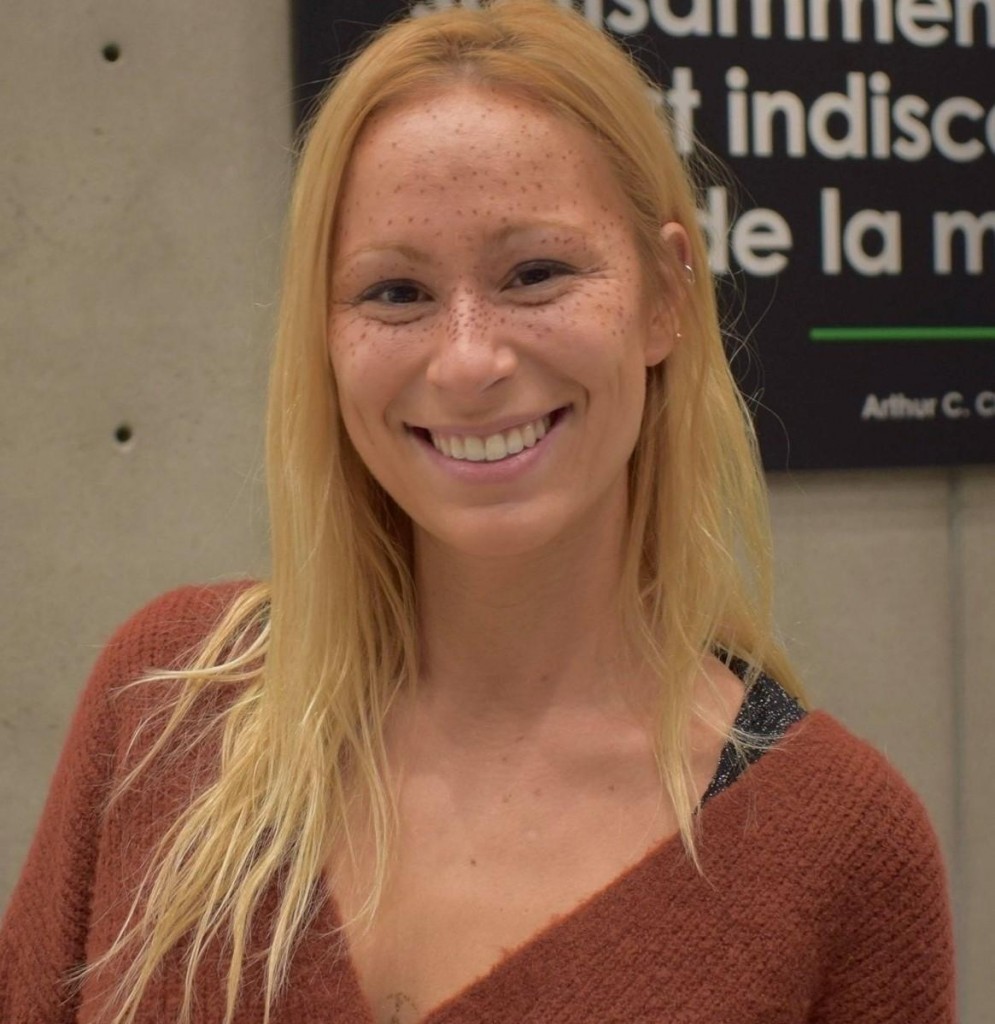
Patricia Rioux enjoys a combined background in Biotechnology engineering from the Sherbrooke University (Quebec, Canada) and Business development from Wharton University (USA). She is pursuing her educational long haul on the other side of the Atlantic currently completing concurrently a master’s degree in Biomaterials and Biorefinery at INP Grenoble (France) and a Master in Sciences at University of Quebec in Trois-Rivières (UQTR), where she aims to gain the looked-for expertise to carry out a comparative study on the optimization of renewable biofuel production through addition of hydrogen in a BTL process under the supervision of Professor Patrice Mangin, UQTR.













